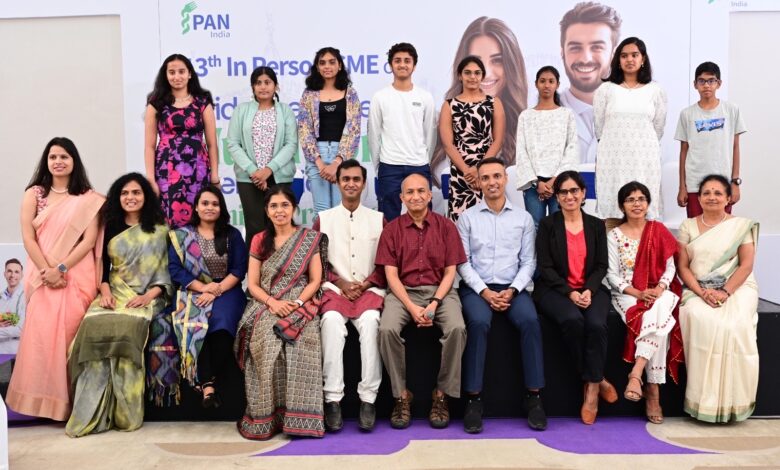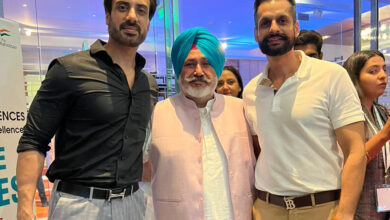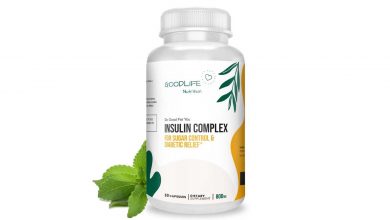Nutrition Revolution: PAN India’s CME Sparks Paradigm Shift in Healthcare
Physicians Association for Nutrition India (PAN India) leads the charge in integrating evidence-based nutrition interventions in to the core matrix of the healthcare system to create sustainable healthcare

Bengaluru (Karnataka) [India]: The Physicians Association for Nutrition India (PAN India) organized its 13th CME (Continuous Medical Education) for doctors which focused on the role of Evidence Based Nutrition Intervention in Clinical practice at ITC Gardenia, Residency Road, Bengaluru.
The Program manager of PAN India, Shruti highlighted the impact PAN India has created in other states and prestigious institutions like AIIMS Jodhpur, AIIMS Nagpur, AIIMS Bilaspur, and Govt. medical colleges in Bengaluru, Coimbatore, Mysuru, Jalgaon and Bharatpur.
The CME at Bengaluru was addressed by top doctors of Bengaluru which included Dr. Ganesh (Neurologist), Dr. Narasimhaiha (Gastroenterologist), Dr. Naveen Kini (Pediatrician), Dr.V eena Acharya (OBG), Drgayathri (Paediatrician), Dr Sandhya (Surgeon & Breast Specialist) Dr. Pratima Kini (Pathologist) and doctors from outside include Dr. G. Rajendiran (Cardiologist), Dr Sharng Wartikar (Ophthalmologist) and Nutritionist Supraja S. 250 doctors belonging to various specialities attended the program and we could see an obvious interest among the medical fraternity to learn about Nutrition and incorporate the same in clinical practice.
Physicians Association for Nutrition conducted a panel discussion with 8 teenage children who are following a Whole food Plant Based diet with Healthcare experts including pediatricians, Gynecologists, Lifestyle Physicians and nutritionists. The session has thrown light onto the nutritional needs of the developmental age group of children practicing whole food plant based diet. The session concluded that the children should start shifting to a plant based diet as it has innumerable benefits for these growing children.
A group of doctors and nutritionists also trained around 10 chefs from Marriott and other major hotels on how to create a Whole food Plant based menu.
The Medical Director of PAN India, Dr Rajeena Shahin mentioned the importance of shifting the healthcare focus to a more preventive approach and nutrition / lifestyle first approach as India has a huge burden on Non Communicable Diseases (NCDs). Unlike the much developed western world, NCDs occur at a much younger age in India. 2/3rd Indians with non-communicable diseases fall in the 26-59 age group, which are the most productive years of life. And our healthcare system doesn’t have the capacity to tackle such a huge burden in a hospital set up. hence it is high time that Indians start focusing on creating a sustainable healthcare system, rooted in science and evidence.
PAN India’s mission is to facilitate the integration of Nutrition-Specific Interventions into health systems by capitalizing on the recent advances in nutrition science. We also aim to focus on bringing out processes, clinical guidelines, tools and resources to facilitate Nutrition intervention in clinical practice. The first few years, we are focusing on training and empowering doctors on EBN.
Dr. G. Rajendiran: With data and evidence, Dr Rajendran showcased how heart diseases can be prevented & managed with whole food plant based diet. .
Dr Sharnag Wartikar highlighted the impact of our food system on the climate crisis and biodiversity loss.
Dr Ganesh gave an insight in to a dietary pattern for stroke prevention, which is rooted in science & evidence
Dr. Narsimhaiah: Nutrition is the cause and cure for all diseases, I think the secret of longevity also lies in the diet. Probably we are reinventing the wheel going back to historic times of vegetarian based diet going back to the second century bc.
The doctors who addressed the audience made it very clear that lifestyle modifications with a focus on Evidence Based Nutrition intervention should be the primary line of management of diseases in healthcare. Irrespective of their speciality, the doctors should learn and practice nutrition. Their own transition and experience with their patients has further solidified their conviction that whole foods, plant predominant nutrition is the way forward. This conviction aligns with PAN’s vision and mission of not just improving human health, but also impacting climate change and planet health.
Towards this effort, the program also aims to collaborate with partner organizations to enhance resistance capacity, reduce nutritional deaths, and contribute to environmental conservation efforts.




